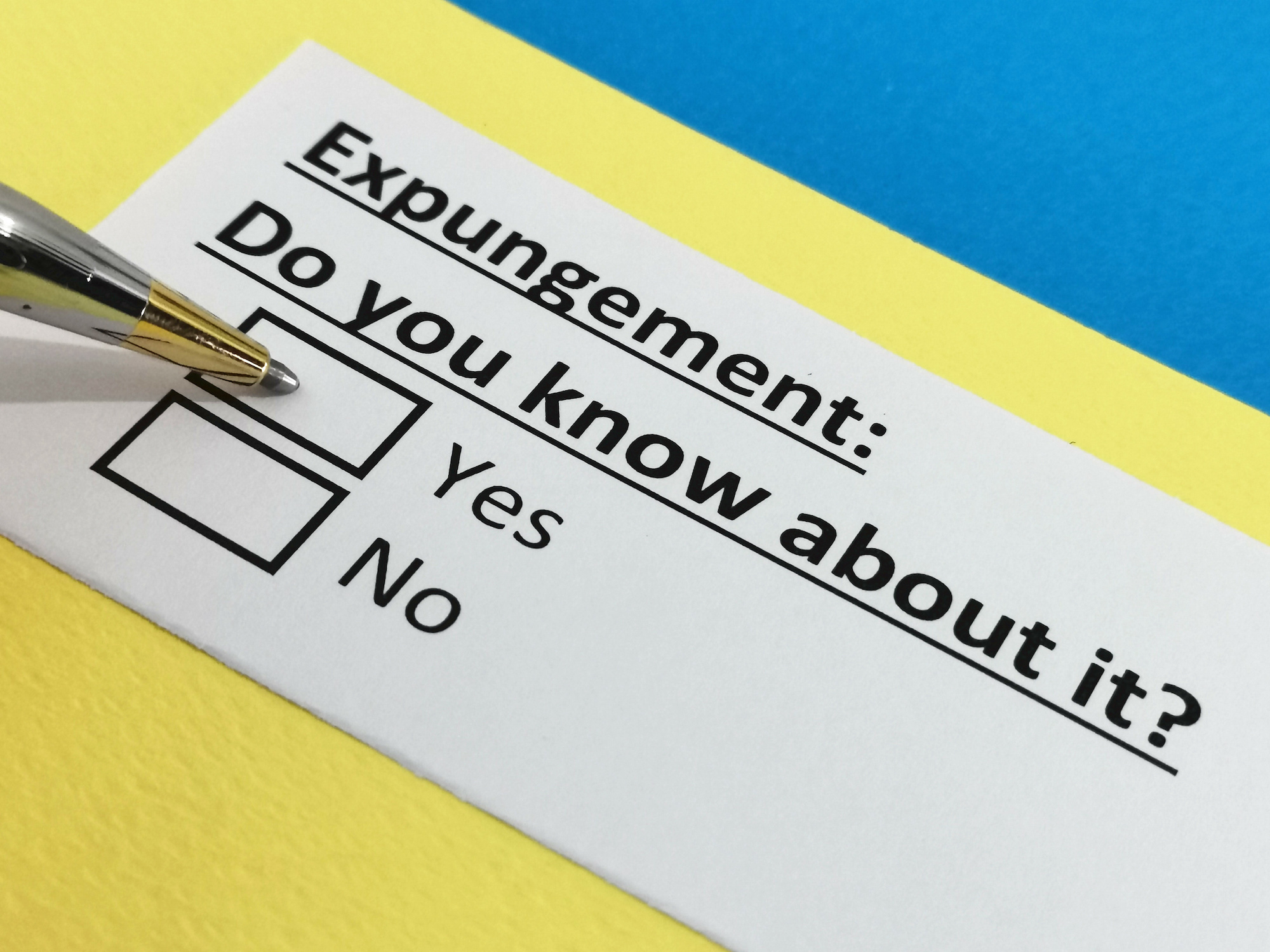As individuals, we all make mistakes, and some of those mistakes might result in a criminal record. However, there are options available to clear your name and start fresh. Expungement is a legal process that allows you to seal or erase your criminal record, essentially giving you a clean slate. But how can you be certain that your criminal record has been expunged? In this article, we will explore various methods to determine if your record has indeed been expunged and provide you with the necessary steps to follow.
Understanding the Expungement Process
Expungement is a legal process that varies from state to state. It involves filing a motion with the court to seal or expunge your criminal record. If approved, your record is no longer accessible to the public. However, expungement is not automatic, and you must meet certain criteria to be eligible. The severity and nature of the offense, your criminal history, and the amount of time that has passed since the offense are all factors that can impact your eligibility for expungement.
It’s essential to note that some crimes are non-expungable, meaning they cannot be removed from your record. These typically include serious offenses such as kidnapping, sexual assault, and terrorism. State laws define which crimes are eligible for expungement, so it’s crucial to consult with an attorney to understand the specific regulations in your jurisdiction.

Checking Court Records
The quickest and easiest way to determine if your record has been expunged is to visit the court where your case was held and request to see your records. If the court does not have your records or approves your request, it indicates that your record has likely been expunged. However, it’s important to note that this method only confirms the status of your records within the court system.
To access court records, check if the court maintains a website where you can search for your information. If your details are not available on the website, it’s a good indication that your record has been expunged. However, it’s recommended to visit the court in person to be certain.
Third-Party Websites and Private Databases
While court records can provide valuable insights into the status of your record, it’s essential to consider third-party websites and private databases. Non-government affiliated websites have the right to publish accurate criminal records, even if they have been expunged. This means that your expunged record might still be accessible through background checks conducted by employers or other interested parties.
If you find your expunged record on a third-party website, you can take steps to have your information removed. Begin by contacting the website owner and formally requesting the takedown of your data. In some cases, this may be sufficient to remove your record. However, if the website refuses or continues to publish inaccurate information, you may need to seek legal assistance or utilize services that specialize in helping individuals remove their expunged records from private databases.
Certificates of Actual Innocence
In cases where you were found not guilty or the charges against you were dropped, you may be eligible to obtain a “Certificate of Actual Innocence.” This certificate serves as official documentation that proves your innocence and acknowledges that your record should never have existed in the first place. To obtain a Certificate of Actual Innocence, consult with a local attorney or visit the courthouse where your trial took place to determine if you meet the necessary criteria.

Background Checks and Expunged Records
Expunging your criminal record removes it from public access, but it does not guarantee that it will be completely inaccessible. Private background check companies and credit reporting agencies may still retain your expunged records, which could potentially show up in certain background checks. Therefore, it is crucial to identify any companies or agencies that possess your expunged record and request them to remove it from their databases.
It’s important to note that law enforcement agencies and FBI agents require a court order to access expunged records. In most cases, if the court has sealed or expunged your record, it will not be accessible to law enforcement without specific legal authorization. However, state laws may vary, so it’s advisable to consult with an attorney to fully understand the regulations in your jurisdiction.
Steps to Expunge Your Criminal Record
If you believe you are eligible for expungement, there are specific steps you must follow to initiate the process. While the exact process may vary depending on your state’s laws, the general steps involved in expunging your criminal record include:
-
Consult with an attorney: Seek legal advice from an experienced attorney who specializes in expungement cases. They can guide you through the process and ensure that you meet all the necessary requirements.
-
File a motion with the court: Your attorney will assist you in filing a motion with the court to request the expungement or sealing of your criminal record. This motion outlines the reasons why you believe you should be eligible for expungement.
-
Pay the required fees: Most states require you to pay a fee when filing for expungement. The amount may vary depending on your jurisdiction, so it’s essential to be prepared for any associated costs.
-
Serve your papers: Some states require you to serve your expungement papers to the district attorney or other relevant parties. Your attorney will guide you through this process and ensure that your papers are served correctly.
-
Attend a court hearing: Depending on your jurisdiction, a court hearing may be necessary to determine whether your record should be expunged. Your attorney will represent you during the hearing and present your case to the court.
-
Follow up with third-party websites: After your record has been expunged, contact any third-party websites or private databases that may still hold your expunged record. Request that they remove your information from their platforms.

Conclusion
Determining whether your criminal record has been expunged requires thorough research and understanding of the legal process. Checking court records, consulting with attorneys, and addressing third-party websites are crucial steps in confirming the status of your record. Remember that expungement is not automatic, and eligibility depends on various factors. By following the necessary steps and seeking legal guidance, you can successfully expunge your criminal record and move forward with a fresh start.
